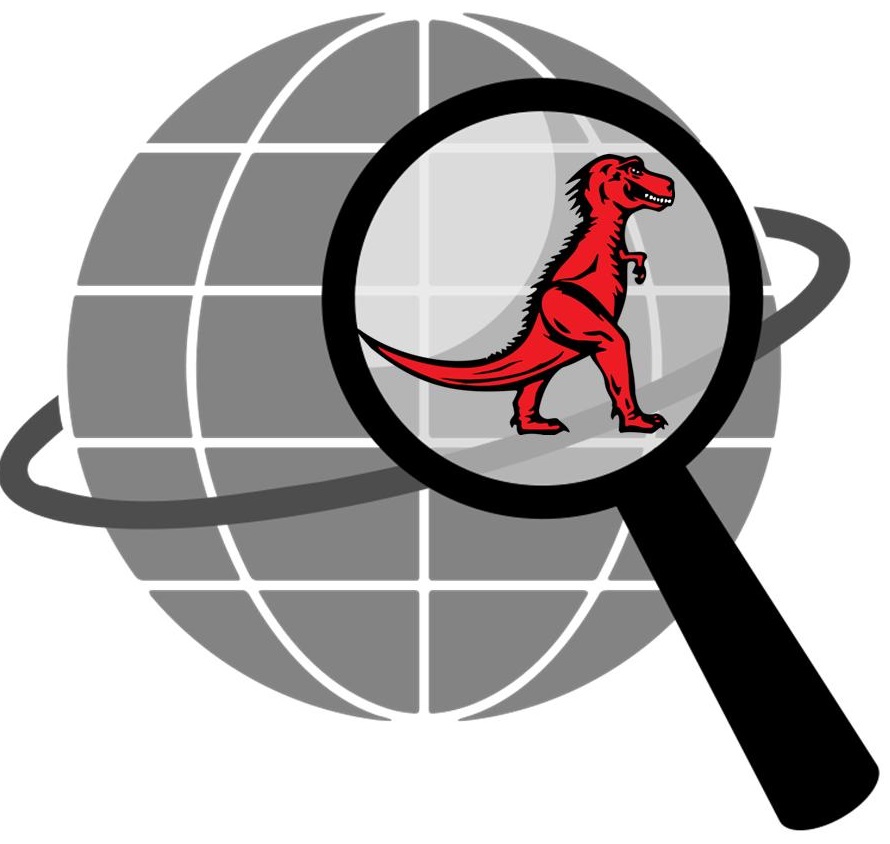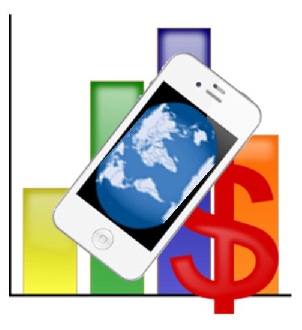The company behind the tremendously popular Firefox has started an experimental pilot project.
Mozilla has just announced that it has launched an experimental pilot project called the Mozilla Location Service, which provides geolocation lookups that are based on data from Wi-Fi access points and publicly observable cell towers.
This concept behind the service is that it croudsources and collects this information through mobile.
The idea is that by way of public hotspots for Wi-Fi, and through cell phone towers, the service crowdsources and collects geolocation information to make it possible for smartphones that have weak GPS signals and laptops that don’t have that technology to be able to rapidly pinpoin their approximate location. As of yet, it has not been made entirely clear how it will be possible for the devices to be able to identify themselves, but there are two APIs being offered for the integration of this service into applications.
The geolocation service remains in its earlier stages, but it is progressing quickly.
 In order to take part in this service and contribute to its data, users can add the dedicated Android MozStumbler app from Mozilla into their devices. That app is behind the data collection, but it also has a gamified element that gives users the opportunity to enjoy the experience. In this game, they can either contribute anonymously, or they can compete against others on the leaderboard. According to Mozilla, the service is already experiencing a rapid evolution, but that there will soon be a more full featured experience that will be available to device users.
In order to take part in this service and contribute to its data, users can add the dedicated Android MozStumbler app from Mozilla into their devices. That app is behind the data collection, but it also has a gamified element that gives users the opportunity to enjoy the experience. In this game, they can either contribute anonymously, or they can compete against others on the leaderboard. According to Mozilla, the service is already experiencing a rapid evolution, but that there will soon be a more full featured experience that will be available to device users.
That said, Mozilla has said that it is nowhere near its final stage. This geolocation service remains in the earliest levels and provides only the most basic levels of coverage within select locations due to the generosity of the earlier contributors and adopters of the service. At the same time, the company is committed to ensuring that the privacy elements of the service are improved to a meaningful degree for all of its participants, so that users can be certain that even as they offer the data surrounding heir location, their own privacy remains safe and secure.
Location based ads and promotions are generating more data and personalized offers.
Geolocation based marketing isn’t just a matter of trying to use locally targeted ads on search engines to drive customers into brick and mortar shop doors anymore.
The technology has undergone a considerable evolution and is now steadily paying off.
Marketers are discovering that it isn’t just a matter of pushing foot traffic into stores. Geolocation’s potential goes far beyond that first step. What they have found is that aside from sending consumers a local deal that can help to make one sale, it is also allowing them to collect a significant amount of highly useful data that can be used to better create offers for the future.
The data from a single geolocation based marketing campaign can be more valuable than the sales it produces.
 It is the data, itself, that often has the highest amount of worth. Though certain techniques are able to generate several levels of benefits, some geolocation tactics are able to allow marketers to arrive at certain goals better than others. As the technology is used by a growing number of marketers and on a more regular basis, the methods and techniques are growing in number and in polish.
It is the data, itself, that often has the highest amount of worth. Though certain techniques are able to generate several levels of benefits, some geolocation tactics are able to allow marketers to arrive at certain goals better than others. As the technology is used by a growing number of marketers and on a more regular basis, the methods and techniques are growing in number and in polish.
A recent BI Intelligence report examined the six geolocation based marketing tactics that they deemed to be the most successfully used by large brands and national retailers, above and beyond the traditional forms of paid local search advertising.
What many of these geolocation based marketing tactics have provided for very positive results is a cycle of continual improvement. Customers offer information about themselves in exchange for a deal. That data can then be used to provide that specific consumer – or groups of similar consumers – with better offers, which allows them to find the deals more appealing and shop more often.
The data regarding the successful campaigns and the purchases they generate can then be incorporated into future campaigns, allowing them to become increasingly targeted and personalized as time. Geolocation, therefore, creates an ever improving customer experience with enhanced data and offers that provide improved relevancy for their own specific needs and preferences.
 In order to take part in this service and contribute to its data, users can add the dedicated Android MozStumbler app from Mozilla into their devices. That app is behind the data collection, but it also has a gamified element that gives users the opportunity to enjoy the experience. In this game, they can either contribute anonymously, or they can compete against others on the leaderboard. According to Mozilla, the service is already experiencing a rapid evolution, but that there will soon be a more full featured experience that will be available to device users.
In order to take part in this service and contribute to its data, users can add the dedicated Android MozStumbler app from Mozilla into their devices. That app is behind the data collection, but it also has a gamified element that gives users the opportunity to enjoy the experience. In this game, they can either contribute anonymously, or they can compete against others on the leaderboard. According to Mozilla, the service is already experiencing a rapid evolution, but that there will soon be a more full featured experience that will be available to device users.
 It is the data, itself, that often has the highest amount of worth. Though certain techniques are able to generate several levels of benefits, some geolocation tactics are able to allow marketers to arrive at certain goals better than others. As the technology is used by a growing number of marketers and on a more regular basis, the methods and techniques are growing in number and in polish.
It is the data, itself, that often has the highest amount of worth. Though certain techniques are able to generate several levels of benefits, some geolocation tactics are able to allow marketers to arrive at certain goals better than others. As the technology is used by a growing number of marketers and on a more regular basis, the methods and techniques are growing in number and in polish.